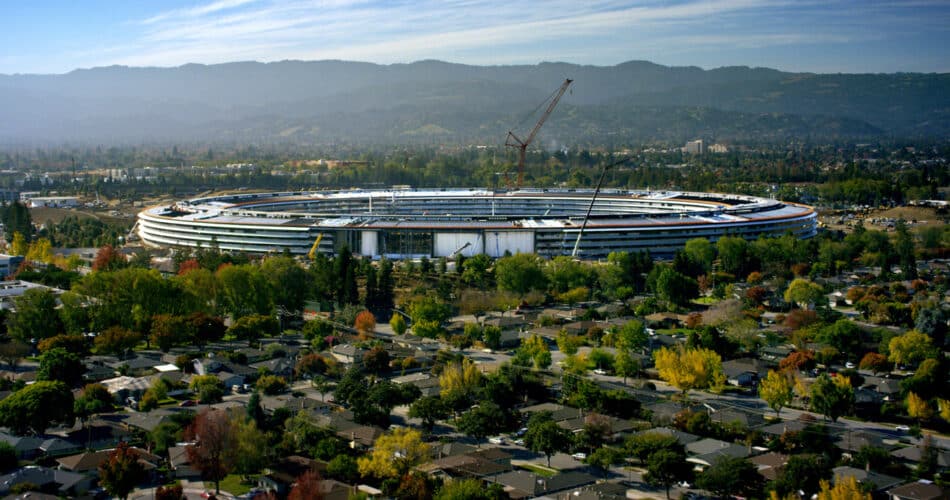Apple is facing legal scrutiny as one of its employees, Amar Bhakta, alleges that its policies infringe on staff privacy and freedom of expression. Bhakta, who works in advertising technology and has been with the company since 2020, filed a lawsuit under the California Private Attorneys General Act. His claims have ignited a broader debate about the balance between workplace confidentiality and personal rights in the tech industry.
Bhakta’s lawsuit portrays Apple’s internal culture as one of invasive surveillance, asserting that employees are forced to use personal devices for work and, in doing so, unknowingly subject their private data to company oversight. The suit alleges that Apple monitors personal iCloud accounts and devices used for work-related tasks, including accessing emails, photos, and other sensitive information. It also claims that the company’s confidentiality restrictions extend to silencing employees from discussing their work publicly, including editing their LinkedIn profiles to align with Apple’s policies.
The legal filing paints a stark picture, describing Apple’s ecosystem as a “prison yard” where employees are constantly under the company’s “all-seeing eye,” even during off-duty hours. Bhakta alleges that Apple forbade him from speaking publicly about his expertise in digital advertising and required him to remove job-related details from his LinkedIn profile. These policies, according to the lawsuit, not only violate California labor laws but also contradict Apple’s public stance as a champion of privacy.
Apple has denied the claims, stating that its business conduct policy ensures employees can discuss wages, hours, and working conditions freely. A spokesperson reaffirmed Apple’s commitment to employee rights, adding that the lawsuit “lacks merit.”
While Bhakta’s accusations raise serious concerns, they also touch on practices common in many corporations. Companies routinely limit employees’ external communications to protect trade secrets and maintain a unified public image. Similarly, policies requiring the use of corporate devices or management systems aim to safeguard sensitive company information from external breaches.
Critics argue that Bhakta’s case might struggle in court without concrete evidence of Apple exploiting personal data or enforcing unreasonable surveillance practices. Apple’s policies requiring the use of personal devices for work could be viewed as problematic, but they fall within a gray area often debated in employment law. Bhakta’s claim that Apple actively discourages the use of work-only accounts may strengthen his case, though much will depend on whether the lawsuit provides verifiable proof of overreach.
This case arrives at a time when Apple faces heightened scrutiny over its workplace practices. While the company has long championed privacy as a “fundamental human right” in its consumer-facing products, critics argue that these values may not extend internally. If Bhakta’s claims hold up, it could tarnish Apple’s reputation as a privacy-first organization and encourage further legal challenges from employees.
(via Semafor)
Subscribe to our email newsletter to get the latest posts delivered right to your email.


Comments